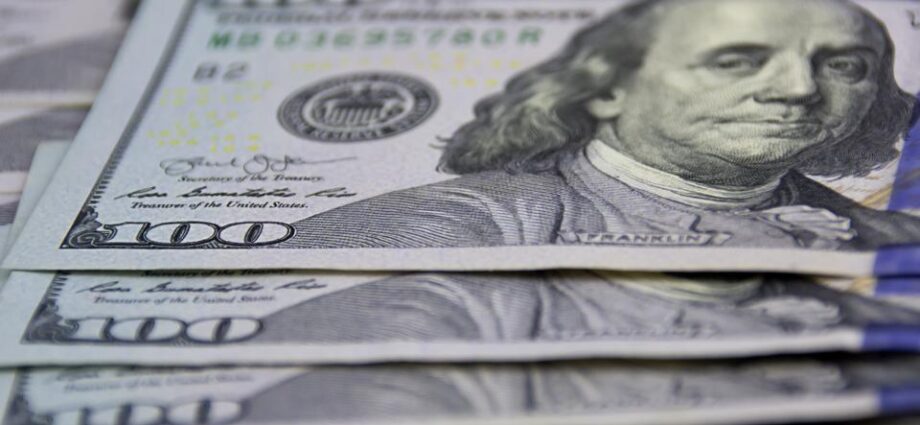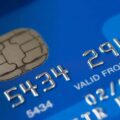A bank is a place where you can save money, take loans and carry out transactions. The most modern way to save money is through a savings account. It is easy to open a savings account if one fills out some personal details, shows proof of identification and has a valid address.
The answer to the question of how much you should have in a savings account is no amount. No bank will sanction you if you put a lot of money in your account. The bigger your funds, the more useful it is for the bank. The bigger the amount of money you deposit into your savings account, the higher the bank’s interest will be.
Have you ever wondered about the functioning of a bank? If you deposit money in your account, the bank takes it from other people as well. These funds are lent to customers. They will pay back their loans with interest. A portion of the interest is paid to you by the bank, while the rest is used to fund the operation. There is no reason why the bank can’t allow you to deposit the most significant amount of money.
If you deposit money into your savings account, the bank will pay you extra interest on it. If you save a lot of money and don’t touch it for a long time, this interest will not be noticed. Are you aware that popular and national banks pay less interest than online banks? Because they have a lot of branches, national banks are easy to access. It costs a lot to fund all their branches so the interest they pay is less. Online banks seldom have branches. That’s the reason their interests are more.

Since we made it clear to you that there is no limit to the amount of money you can save in your savings account, a few rules have been put in place. Don’t panic, read on and find out what happened.
What is the maximum amount of cash you can deposit in a bank?
When it comes to how much money you can put in a bank without being asked, there is a little change. A lot of people want to know how much money should be in their savings account, so let’s talk about it.
Do you know about the Bank Secrecy Act? The law was enacted in 1970 to keep an eye out for people who deposit large sums of money. It’s not to say that you are a fraudster, but the bank is cautious to prevent illegal financial activities. If you deposit a five-digit amount of money, the Bank Secrecy Act will kick in. Ten thousand dollars is the lowest five digit amount.
The bank will report you to the IRS when you make a deposit of $10,000 or more, between the next 15 days. You’ll be contacted and asked to fill out a form. The bank is doing what they are supposed to do, no one is accusing you or suing you for being a fraudster.
The IRS form is called Form 8300. The IRS tells its agents at the local, state and national levels about your transaction after you fill out the form. The agents will watch where the money came from and where it is going. Counterfeit funds, funds for a criminal organization and of course, stolen money are some of the things carried out cautiously.
You must fill out IRS Form 8300 if you want to deposit more than $10,000, so it is legal. If you divide $10,000 into pieces and deposit them into the same bank account at different times, the bank will notice and mistake you for a fraud. If you deposit fragments of $10,000 to your different bank accounts in the same bank, the bank can mistake you for a fraud. In the above cases, you were attempting to outsmart the law by using an IRS form. It is reasonable for the bank to start being suspicious.
The Federal Deposit Insurance (FDIC) limit is something that will interest you. Do you know what will happen to your money if a bank goes under? It has already happened. Will you be able to get back your money if something bad happens to the bank?
FDIC Insurance Limit
The Federal Deposit Insurance (FDIC) protects people like you who rely on the bank to save their money. Your money will be given to you in full if your account balance is below $250,000. You will be paid half a million if you have a joint account. You won’t be paid the difference if you have more than $250,000. You are advised to open as many accounts as you can in the bank, all of which have the same balance or less.
Conclusion
The safest way to save money is in the bank. According to the article, you can have as much money in your bank account as you can afford. We recommend that you keep the same amount or less than $250,000. The insurance law will protect your money if this is done. The wrong signal will be sent to the bank when you structure $10,000 in afragment.




